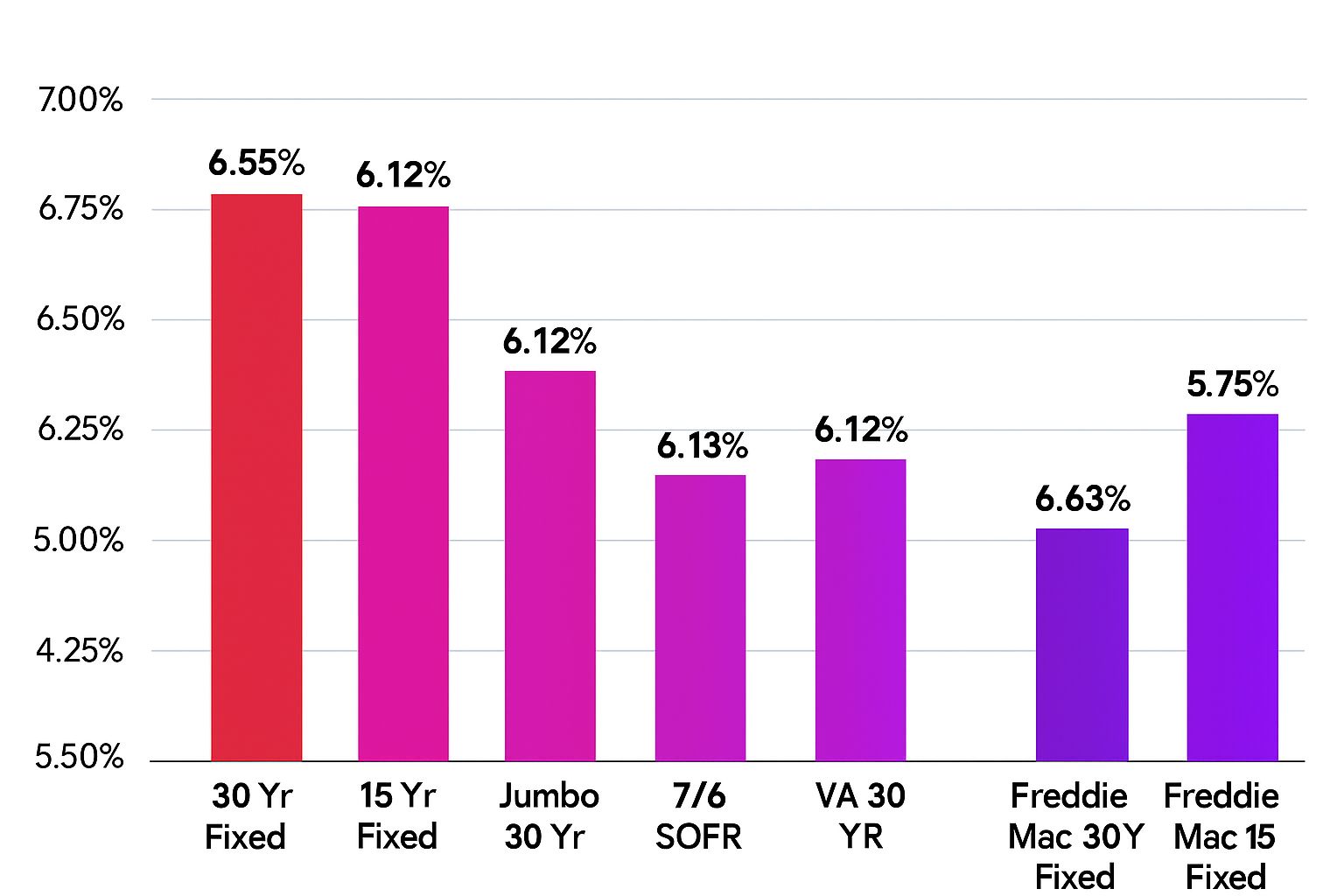- Real Estate Navigator
- Posts
- Due Diligence Decoded: How to Win as a Buyer or Seller
Due Diligence Decoded: How to Win as a Buyer or Seller
Learn how to effectively negotiate due diligence periods to protect your interests in real estate transactions

In real estate, the due diligence period is like a first date with a house—you’re deciding whether to commit or walk away. Handle it right, and you're protected. Fumble it, and you could be out time, money, and patience.
Here’s how to make the most of it—whether you're buying, selling, or just nosy about how deals really work.
Earnest Money vs. Due Diligence: Know What’s on the Line
Earnest Money = a refundable deposit that says, “I’m serious.” If the deal falls through for legit reasons in the contract, you usually get it back.
Due Diligence Fee = a non-refundable “thanks for holding the house” check (in some states). It’s often credited back at closing but gone for good if you ghost the deal.
How Much Time Should You Ask For?
Buyers:
Ask for 10–14 days to:
Get inspections done
Dig through disclosures
Nail down financing
Verify boundaries, title, and whatever else keeps you up at night
Sellers:
Aim for 7–10 days to keep momentum
Long windows = higher risk of wasted time
Shorter timelines = faster closings and fewer what-ifs
How Much Money Talks? Depends on Who’s Listening.
Buyers:
1–2% of the purchase price in earnest money shows you're serious
Use contingencies wisely to protect your money
Know exactly what lets you walk away with your cash
Sellers:
Want longer due diligence? Ask for 2–3% in earnest money
It weeds out tire-kickers and shows the buyer’s got skin in the game

Contingencies: The Fine Print That Matters
Buyers:
Focus on the big three: inspection, financing, appraisal
Spell out what’s a deal-breaker
Put tight deadlines in writing
Sellers:
Set hard stops for contingency removal
Ask for heads-up if something’s off
Don’t want to play handyman? Offer a credit and keep it moving
Need an Extension? Make It Count.
Extra time isn’t free—nor should it be.
Buyers: sweeten the deal with more deposit
Sellers: make some of that earnest money non-refundable over time
Tie extensions to actual progress—inspections booked, financing updates, etc.
Talk Early, Talk Often (Or Regret It Later)
Deals fall apart in the silence.
Buyers: share your inspection timeline ASAP
Sellers: open the door (literally) for inspectors
Both sides: communicate like adults—it saves time, money, and headaches
Market Conditions Matter
In a Seller’s Market:
Buyers may only get 5–7 days for due diligence
Want to stand out? Go heavy on the deposit
In a Buyer’s Market:
Sellers may need to be more flexible
14+ days and generous contingencies might be what it takes to seal the deal
Bottom Line
The due diligence period is your safety net—but it’s also a negotiation tool. Use it wisely.
Buyers: protect your right to walk, but don’t overplay your hand.
Sellers: make sure your time off the market is worth it.
Until next week!